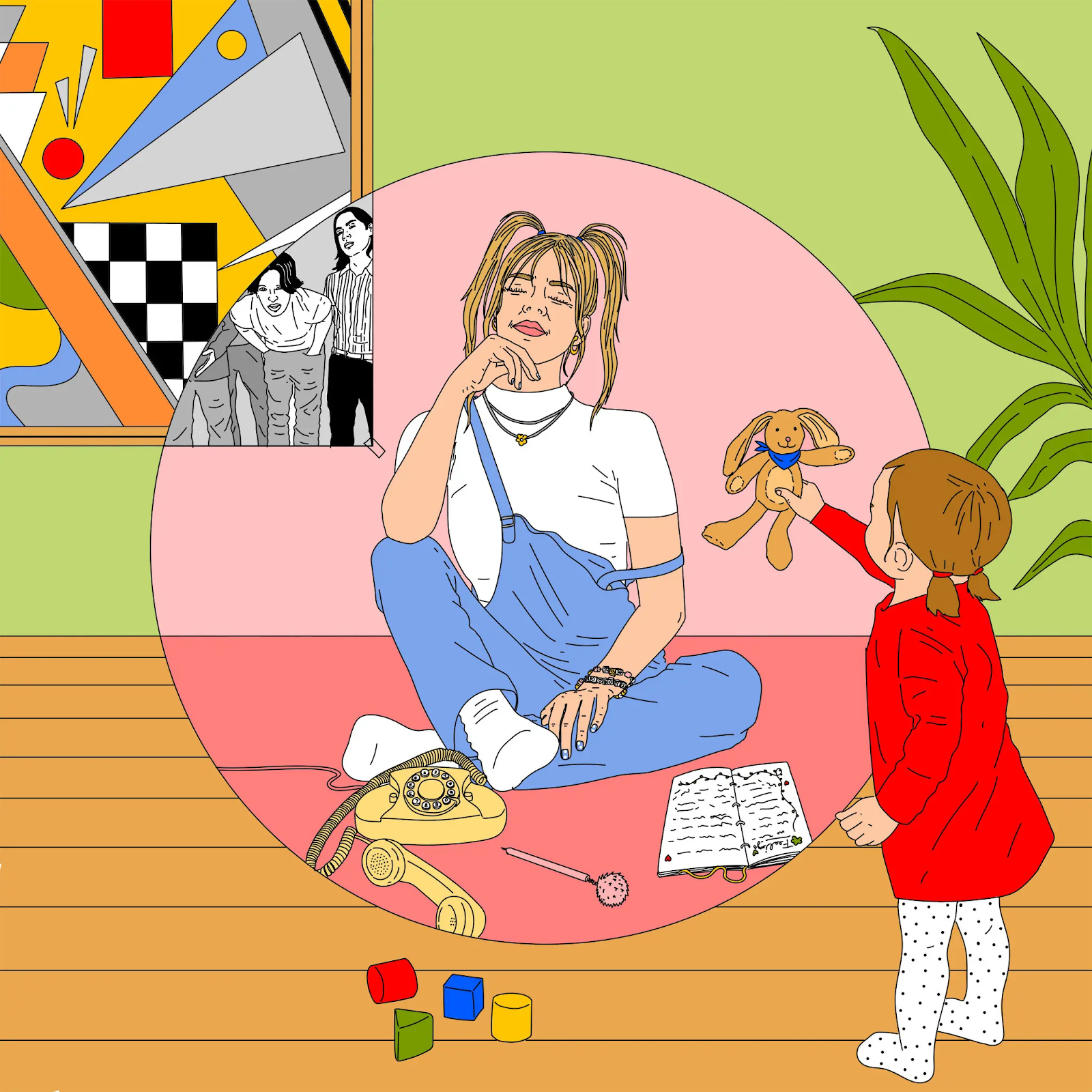Mritsa Week 9: The Power of Love
What is power? Power, a term embedded in the fabric of our society, goes beyond the textbook definitions we encounter in our academic journeys. While the basics define power as the ability to influence or control, its true essence extends far beyond these conventional boundaries, tapping into something much deeper within our humanity.
At its surface, power is often associated with authority, dominance, and control—visible in political structures and economic systems. But as we navigate the complexities of human relationships, we uncover a more profound and transformative force: the power of love.
Love, universally recognized as a deep affection, possesses a unique power that shapes individuals and societies. Unlike traditional power dynamics, the power of love doesn't rely on coercion but instead thrives in its ability to inspire, connect, and uplift.
Within personal connections, the power of love fosters understanding, compassion, and empathy, creating meaningful bonds and unity among diverse individuals.
Moving beyond individual relationships, the power of love extends to societal transformations. Historical movements fueled by love and compassion have driven significant societal changes, from civil rights movements to humanitarian initiatives—love becomes a catalyst for positive change.
Power, fundamentally, is not just about control or influence; it's about impact. The power of love, with its ability to break boundaries and unite people, emerges as a force capable of transforming societies and shaping a more united world.
So, as we consider the nature of power, let's look beyond the conventional definitions and acknowledge the profound influence of love. By embracing the power of love, we unlock the potential for a more compassionate and connected world, recognizing that the true strength of humanity lies not in dominance but in our capacity to care for one another.


Hi Mritsa! I loved your approach on love, its powerful influence and the role it can play in shaping our world. Although power typically has a negative connotation you were able to shed light on its more positive attributes. I agree with you taking on love and the power it holds to mend separation and bring forth unification as you said "the power of love, with its ability to break boundaries and unite people, emerges as a force capable of transforming societies and shaping a more united world." I think the way you described the "coercion" between "our capacity to care for one another '' and the recognition of love being "the true strength of humanity" was especially insightful and enlightening. You did a wonderful job elaborating on this particular subject by adding your own personal opinions and simultaneously conveying them clearly and flawlessly.
ReplyDeleteThis is such a wonderful and heartening post to start off our new semester and cohort! I really enjoyed this read; I found your writing to be intriguing and impactful. I especially liked how you opened by explaining the conventional impression of power, and then subverted audience expectations by exploring an opposite form of power.
ReplyDeleteI wholeheartedly agree that love is a form of power. It is love that compels humans to some of the greatest things in history -- whether this is love for all of humanity, love for their craft, love for nature, or some other love. Love is what compels some to sacrifice themselves for the sake of the betterment of other people, and yet others to create universally lauded masterpieces of art.
Of course, as is the case with most powerful things, love also has the potential for harm. Misplaced or misguided love can lead to a person and the people around them to get hurt. Love can blind us to real harm, until it's too late.
Hey Mritsa,
ReplyDeleteI was very intrigued by your perception of the role love has in the world and its relation to power. I particularly liked how you utilized the positivity of affection to describe power in a blissful tone. Your argument of using love as a way to bridge differences and squash resentment makes me even more receptive your blog because this point of view is new to me. The favorite part of your blog for me was that it went over the power from abstract perspective and analysed the complexities of it and related it to love. The part where you prompt the reader to look into power aside from its "conventional" image made me heavily contemplate what the conventional image power really is. Overall, I enjoyed reading your blog for its abstract discussion of power and love, and thought provoking arguments included in it.